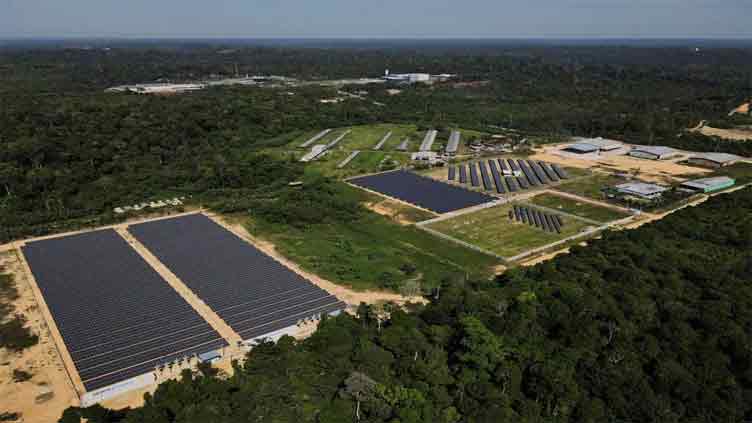Biomass Energy Under Scrutiny Despite High Subsidies
Drax Power Station, once one of Europe’s largest coal plants, now stands as the UK’s biggest biomass facility, claiming to offer a renewable solution by burning 7 million tonnes of biomass pellets annually. This transition from coal to biomass has earned Drax over £7 billion in subsidies, positioning it as a crucial player in the UK’s net-zero ambitions.
Skepticism Over Carbon Neutrality Claims
Despite its claims of being a renewable energy leader, Drax faces criticism over its environmental impact. Climate scientists and green groups challenge the assertion that Drax is carbon-neutral, pointing to its significant carbon emissions—making it the UK’s largest single carbon emitter. The controversy centers on the carbon accounting methods endorsed by the UN’s Intergovernmental Panel on Climate Change, which allow emissions from biomass to be offset by the forestry sector. Critics argue this creates a “carbon debt,” as new trees need decades to absorb the CO2 released instantly by burning wood pellets.
Biomass Imports and Sustainability Questions
Drax’s operation requires a massive influx of wood pellets, primarily imported from North American forests, raising concerns about the sustainability of these practices. While Drax asserts that these forests are sustainably managed and that pellets are a byproduct of other wood industries, the reliance on virgin wood for over a fifth of its supply has raised additional environmental and ethical questions.
The Future of Biomass and Net Zero Goals
The UK government is now considering extending Drax’s subsidy scheme beyond its 2027 expiration, amidst debates over the plant’s role in future energy strategies. Drax plans to enhance its green profile by integrating carbon capture technology by 2030, aiming to achieve “negative emissions.” However, the UK’s Committee on Climate Change cautions against further subsidies unless biomass is paired with carbon capture and storage (BECCS).
Regulatory and Compliance Challenges
Recent findings by the UK’s National Audit Office and energy regulators have highlighted weak governance and inaccurate reporting at Drax, leading to a £25 million fine for the company. These revelations undermine confidence in the biomass industry’s regulatory compliance and its alignment with national green standards.
Alternative Paths to Net Zero
While biomass with BECCS is considered a potential path to achieving net-zero emissions by 2050, experts like the Committee on Climate Change suggest that the UK could potentially meet its climate targets without relying heavily on biomass. This would require rapid and ambitious measures to reduce energy demand, improve energy efficiency, and accelerate the electrification of various sectors.
Source: theguardian.com





